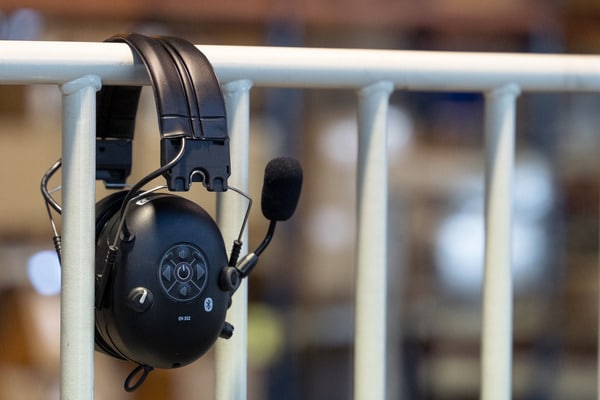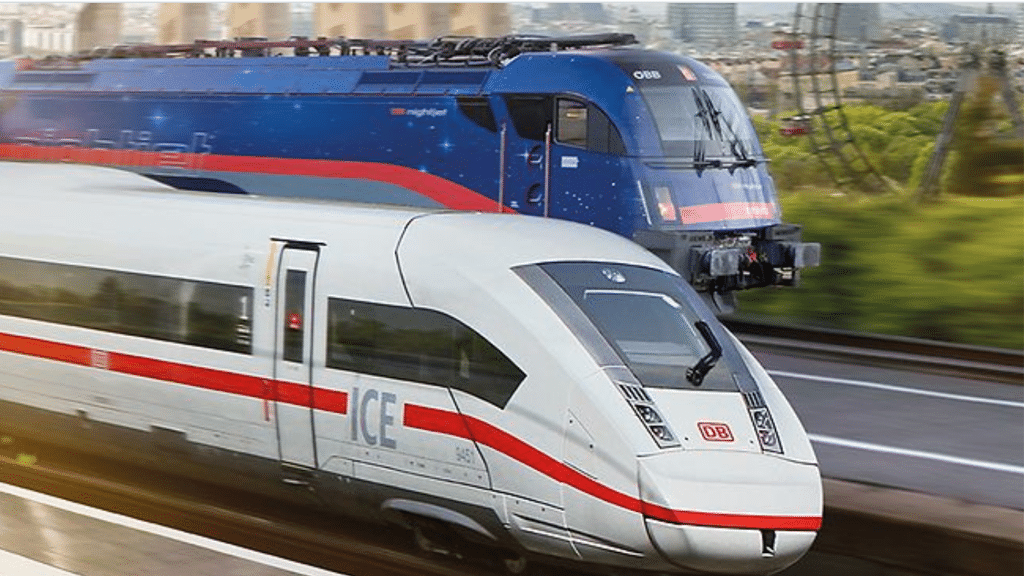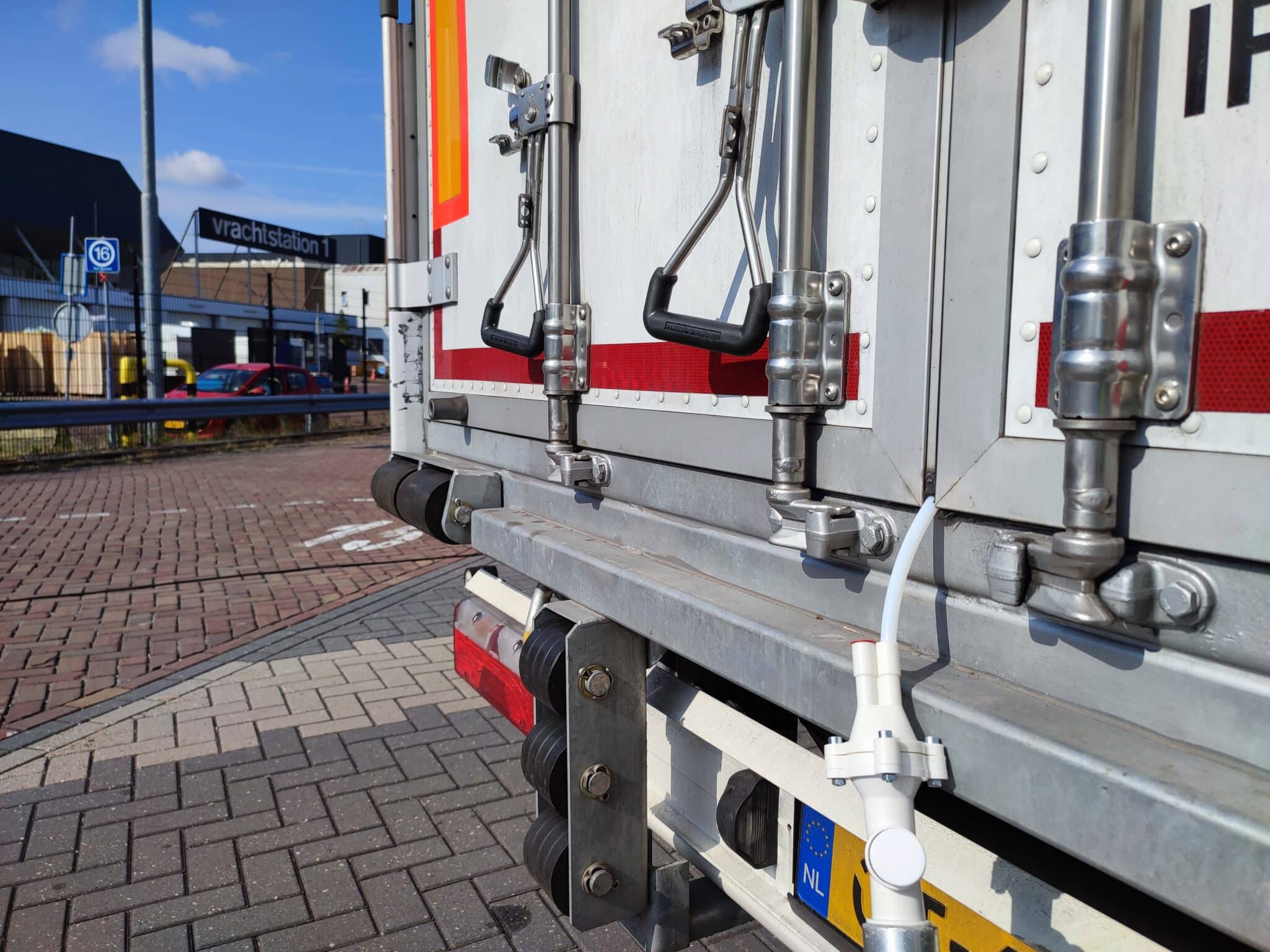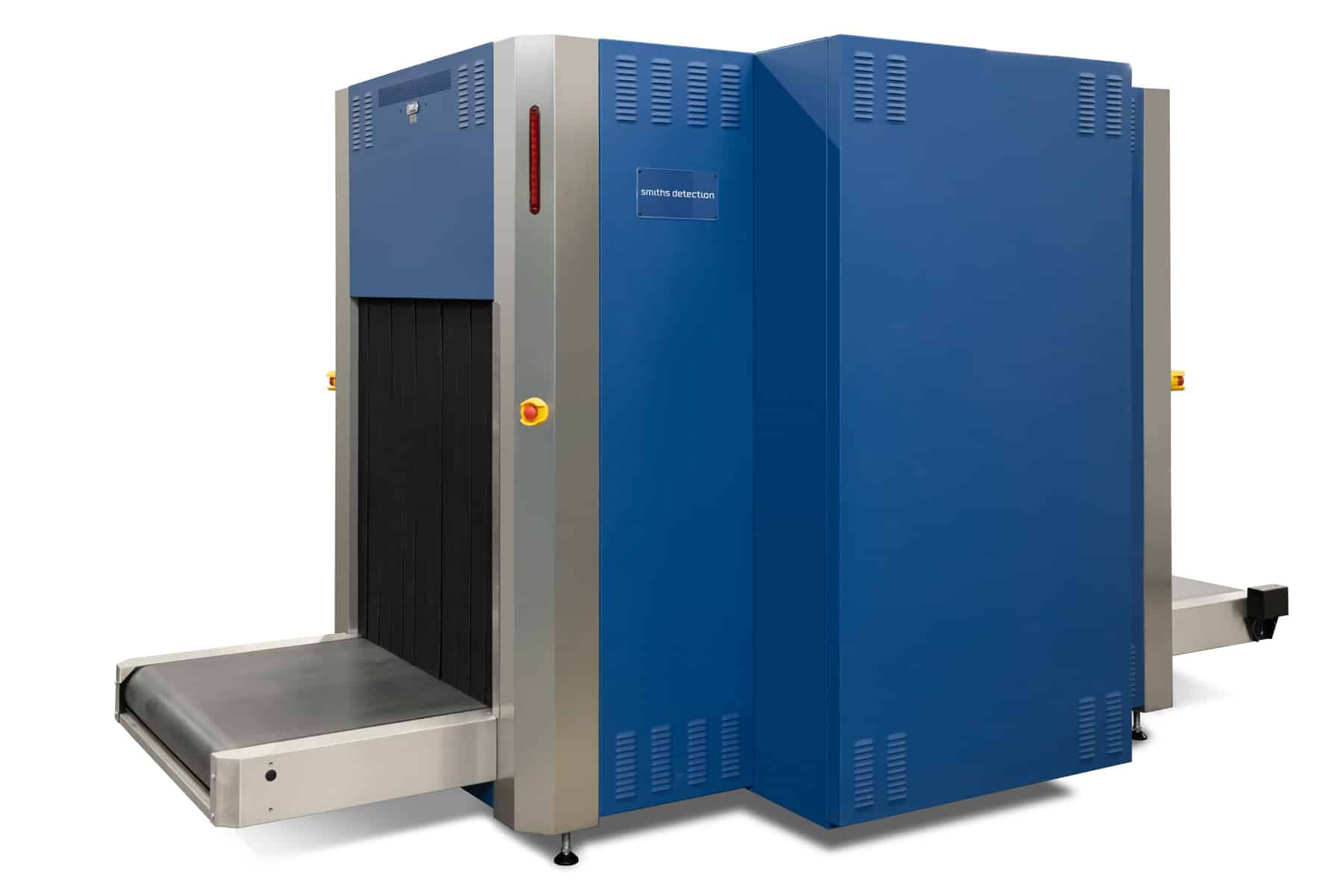Savox Communications, provider of mission-critical hearing protection and communication solutions, announced the latest addition to its acclaimed Noise-Com (NC) 500 series – the Savox NC- 520XP hearing protection headsets. Designed to meet the needs of professionals working in the most demanding environments, the NC-520XP sets new industry standards by combining safety, innovation and reliability.
In noisy work environments, protecting one’s hearing is paramount, but it should never come at the cost of situational awareness and effective communication. The Savox NC-500 series is a frontrunner in delivering top-notch acoustic protection and reliable communication solutions in challenging conditions. With the launch of the Savox NC-520XP, this product family introduces ground breaking features that cater to a wide range of work settings, offering an ideal solution for professionals facing the most demanding tasks.
The Savox NC-520XP hearing protection headsets enhance Savox’s product offering by incorporating Savox Dual Bluetooth, a feature that sets them apart from other NC-500 series models. The ability to connect two Bluetooth devices simultaneously, in most cases a radio and a mobile phone, enables hands-free communication and allows users to listen to radio transmissions and still be reachable. The noise-cancelling Push-to-Talk (PTT) boom microphone ensures crystal-clear speech even in the loudest of environments. The headsets also feature a user-friendly answer button and rotary switch for convenient control of ambient sound volume and incoming communication. With a rechargeable power unit designed for maximum durability, the Savox NC-520XP headsets represent a significant leap forward in on-site safety, providing reachability, usability and reliability.
Key benefits of the Savox NC-520XP hearing protection headsets:
– Bluetooth: The NC-520 models offer Savox Dual Bluetooth, allowing users to connect two devices simultaneously.
– Ambient Sound: Stay aware of your surroundings while protecting your hearing.
– Ambient Audio Profiles: Available in the XP models for personalized audio settings.
– Easy Access Rotary Button: Conveniently control PTT and ambient sound volume.
– Built-in Rechargeable Battery: Ensure extended use and cost-effective operation.
– Unique Casting Technique: Protects electronics, ensuring maximum reliability.
– Voice-Prompted Menu: User-friendly interface for easy navigation.
– Professional Two-Way Radio PTT Compatibility: Seamlessly integrate with your existing communication systems.
– Noise-Canceling Boom Microphone: Exceptional speech clarity in noisy environments.
– Low Battery Warning and Automatic Switch-Off: Never miss an important communication.
– Made in Finland.
Savox says their NC-520XP hearing protection headsets redefine the standards for hearing protection and communication in challenging work environments. Savox says their commitment to innovation and quality help these headsets “empower professionals to work more safely and efficiently, while ensuring the utmost protection for their hearing.”







